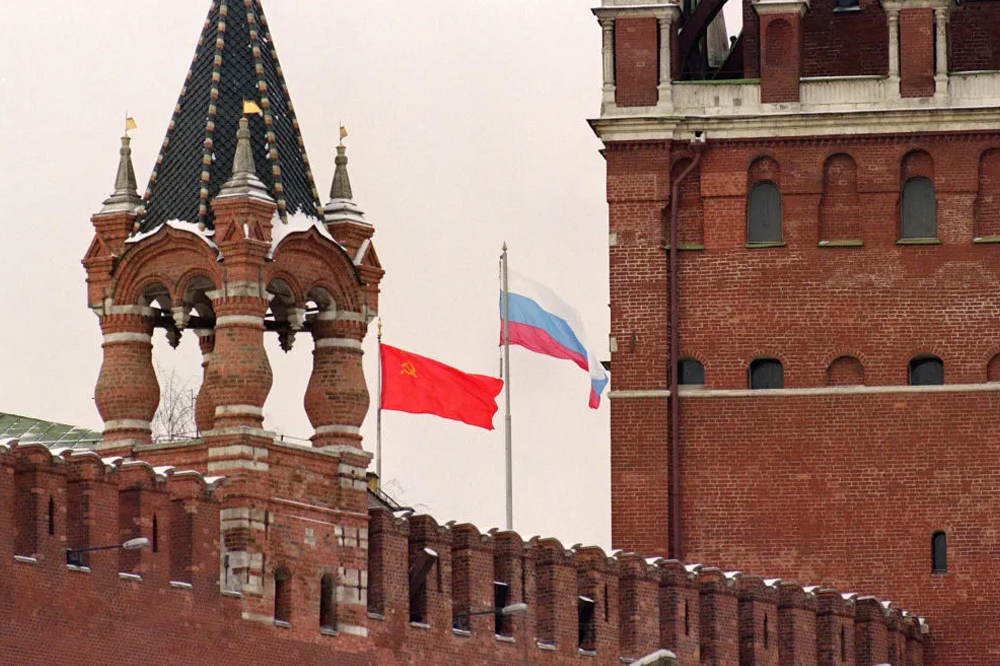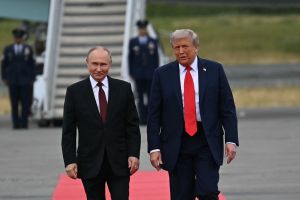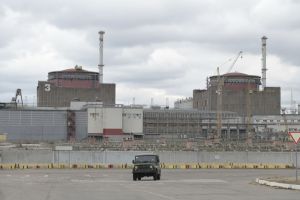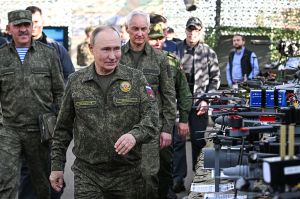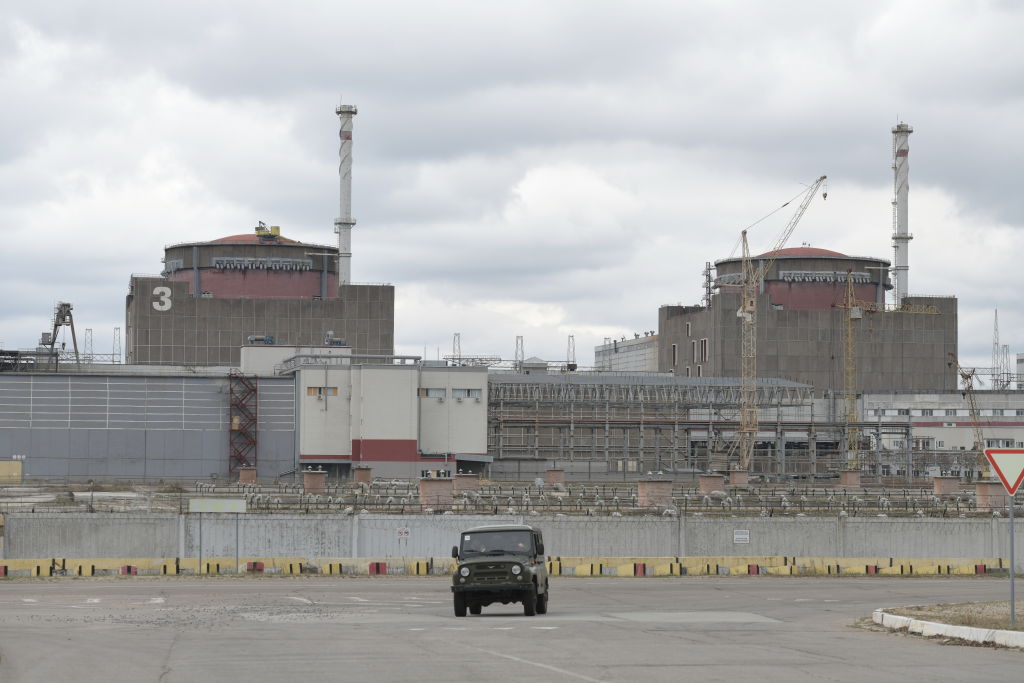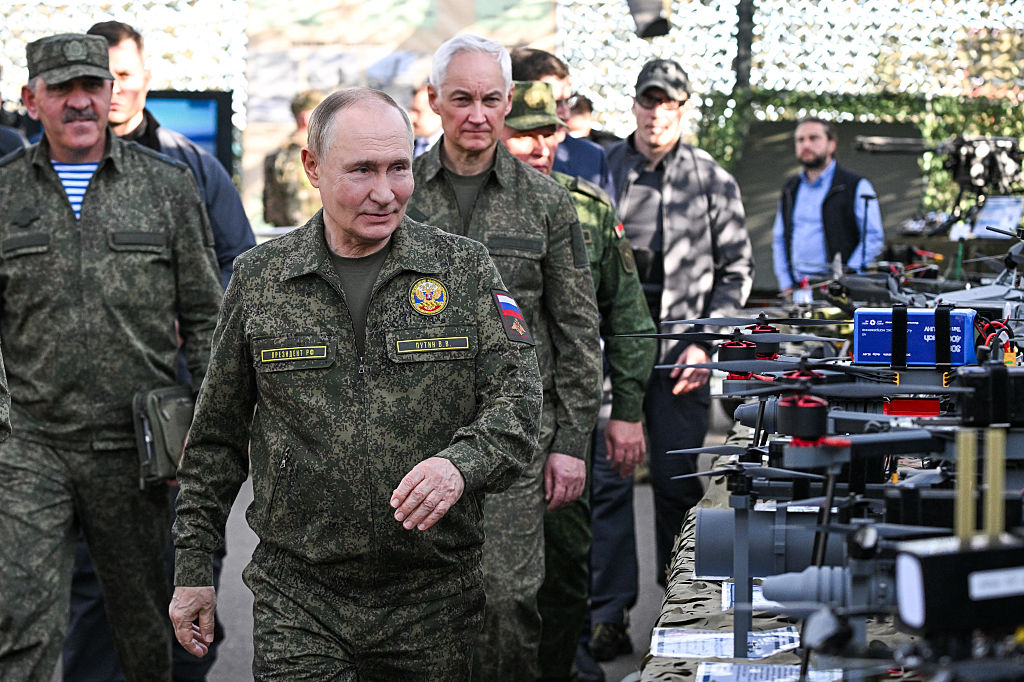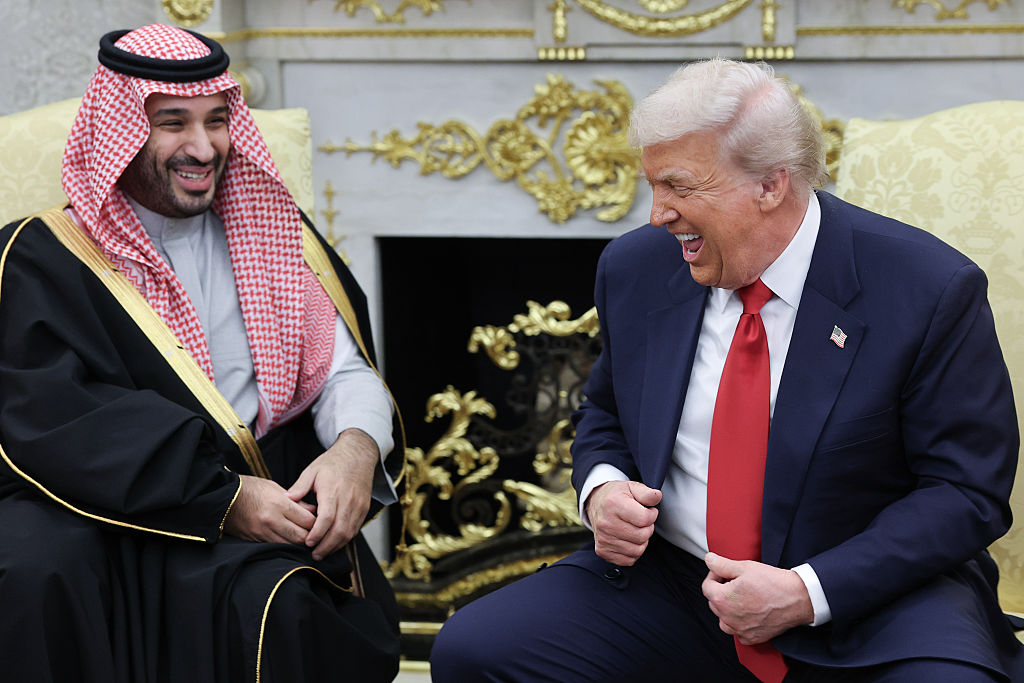At New Year 1992, the USSR ceased to exist and Russia and the other Soviet republics became independent states. Western powers pondered how to deal with the new world order. Their immediate concern was to seek reassurance about the safe control of nuclear weaponry. The Russian authorities managed to sedate these worries, and by the mid-1990s it had been agreed that the thermonuclear weapons in Ukraine and Kazakhstan would also come into Russia’s hands. Arms control talks with NATO proceeded productively. President Boris Yeltsin himself disliked talking about “the West” as a separate entity and worked for Russia’s own acceptance into the global comity of democratic nations.
At the same time Yeltsin pleaded with the United States and the International Monetary Fund for assistance in smoothing the transition from a communist planned economy to capitalism. He had some difficulty, even though summit meetings with President Bill Clinton passed in a jovial spirit — Yeltsin seldom missed an opportunity for liquid self-refreshment. The Americans, however, were wary of pouring vast financial resources into the hands of Russian ministers and businesses who were already known for corruption.
Yeltsin himself was nudged by Russian electoral opinion into taking up a more nationalist foreign policy. Russians, raised on the idea that the world was bipolar, were viscerally shocked by Clinton’s military intervention in the wars in former Yugoslavia. The bombing of the Serbian capital Belgrade was seen as confirmation that America aimed at becoming the world’s sole hyperpower. Yeltsin had lost the trust of Russia’s political and security elites even before he voluntarily stepped down from the presidency on New Year’s Eve 1999. He left behind a set of arrangements to stabilize relations with NATO but a full-scale security architecture for the European continent was unfortunately not one of them.
NATO could and should have done more to design a more stable framework for international relations. But whether this would have satisfied Russian public opinion is open to doubt. The ex-communist states of Eastern Europe, moreover, had every right to fear that, when Russia got back on its feet again, it would seek to dominate them as it had done after World War Two. They were justified in seeking membership of NATO and the European Union.
This inevitably aroused fierce resentment in Russia, which was nursing bruised feelings about the loss of superpower status. These feelings were shared by Russians at every level of society. President Vladimir Putin, Yeltsin’s successor, set out in 2000 to moderate US ambitions. He initially beguiled both President George W Bush and Prime Minister Tony Blair. Behind his charm, though, lurked a nationalist agenda. Putin insisted on governing Russia without regard for the protection of democracy and human rights. He also expected to be able to treat neighboring countries, especially Ukraine, as falling inside the Russian zone of influence. His smile vanished when Bush and Blair complained about the brutal pacification of Chechnya after the turn of the century.
He bridled even more noisily from 2004 when Ukraine made the first of its sporadic attempts to consolidate its democratic reforms. Russian interference included the dioxin poisoning of presidential candidate Viktor Yushchenko. Ukrainian politics swung between pro-Russian retrenchment and pro-western reform. Street protests in early 2014 led to the ousting of President Viktor Yanukovych and the return of a reformist administration in Kyiv. Putin saw this as evidence of malign western interference. He first invaded Crimea and then, in February this year, attempted to overthrow President Volodymyr Zelensky and install a puppet Ukrainian regime.
Could the West have done more to avert the disaster of the last decade? Its financial leverage over Russia weakened in the early 2000s when rocketing gas and oil prices raised the Russian economy off its knees. Economic sanctions, at least those introduced before 2022, served mainly to foster Russia’s determination to become self-sufficient in every sector of production. Western political diplomatic levers were stronger, but the western powers missed many crucial chances. London should not have become the laundromat for Russian dirty money. The UK government was lamentably slow in retaliating against the murderous operations of Russian intelligence agencies on British soil. And Boris Johnson has yet to explain the case for elevating the son of a wealthy ex-KGB officer to the House of Lords.
The United States’ leadership has been just as woeful. President Donald Trump liked to schmooze with Putin as if on a boys’ night out rather than pinning him down on points of disagreement. In his own way, President Joe Biden did just as badly in 2021 by encouraging Ukraine to seek membership of NATO without taking proper precautions — and helping Zelensky take them in time too — against the possible negative Russian reaction. The shambles of the American withdrawal from Afghanistan reinforced the Russian official perception that America had lost the will to defend its geopolitical interests.
A coarsening of relations between the West and a resurgent Russia was always likely, but western politicians could have moderated the process. In all this, it is neither Trump nor Biden who have shown the least prudence but Putin. His army has proved to be far from indestructible and now sanctions are at last degrading his economy. He is locked in an embrace with the Chinese who do not have Russian national interests at heart. He and his administration fear the kind of street demonstrations in Moscow that overran Kyiv in 2014. His security police are empowered to act with impunity. Now, after years of vacillation, the West has something like a systematic policy towards Russia and is supplying Ukraine with some of the military defense equipment it sorely needs and deserves. Better late than never.
This article was originally published on The Spectator’s UK website.



